AAV improves reproductive health services for ethnic minorities in Dak Lak, Lam Dong
(VNF) - About 95,000 women and youth in the two districts of Krong Bong (Dak Lak province) and Lam Ha (Lam Dong province) are expected to benefit from the soon-to-be-established women-friendly reproductive health services.
On August 18th, the project “Civil society-led promotion of reproductive healthcare services” implementing in Dak Lak and Lam Dong provinces, was launched in Hanoi.
The project, funded by AAV and the EU, will provide spaces for civil society organizations-led actions to improve access to quality and gender responsive healthcare services for marginalized groups in ethnic and rural areas of Vietnam.
According to the United Nation Fund for Population Activities (UNFPA), Vietnam currently has 24.6 million young people (age 20-24), accounting for almost one third of the total population, the highest rate in the last few years. They tend to have sexual experience earlier, which leads to a high rate of unwanted pregnancies and unsafe abortions.
Vietnam is also one of the three countries with the highest abortion rates in the world, according to World Health Organization. The demand for reproductive and sexual healthcare is very high, yet those available are inadequate, inaccessible and not gender responsive. The poor people, women and youth in remote areas find it almost impossible to enjoy.
| |
Ho Vin Lieng (second, from the left), Mnong ethnic group, representatives of community development group of Ngo A village, Hoa Phong commune, Krong Bong district in Dak Lak province.
According to Ho Vin Lieng, Mnong ethnic group, representatives of community development group of Ngo A village, Hoa Phong commune, Krong Bong district in Dak Lak province, the majority of women are not fully informed about reproductive health issues. Barriers for ethnic minority women's access to reproductive healthcare services include geographic distance, financial constraints for food, backward practices, transportation and services.
"The majority of the population are ethnic minorities like H’mong, Mnong, Ede and Muong groups. The medical stations are far away and facilities are lacking, so sometimes we have to go to the district hospitals. Some women do not know how to ride motorbike and the road was far away so they do not get pregnancy care or examination. Some have to give birth at home and have relatives, neighbors, or friends assist in the delivery."
"Many young girls are sexually active earlier. However, they do not have the correct knowledge about when they can conceive during their menstrual cycle leading to abortion, which also leads to infection,” she added.
In order to improve access to quality and gender responsive healthcare services for marginalized groups in ethnic and rural areas of Vietnam, the project “Civil society-led promotion of reproductive healthcare services” will be co-implemented by AAV and the EU from July 2017 to July 2021, with the total budget of EUR 800,000 (USD 940,200).
The project aims at 95,320 final beneficiaries, which is equivalent to 60 per cent of women and youth in the two districts of Krong Bong (Dak Lak province) and Lam Ha (Lam Dong province).
| |
Tom Corrie, Deputy Head of Cooperation Section, European Delegation in Vietnam.
At his opening speech, Tom Corrie, Deputy Head of Cooperation Section, European Delegation in Vietnam said that the project focused on improving the level of service, the equipment and the opportunities for local people to easily access the services.
“With its practicality, uniqueness and sustainability, the European Delegation in Vietnam expects the project’s initiatives will become a good model in the future, contributing to improving the quality of gender responsive public services in Vietnam“, he said.
According to Hoang Phuong Thao, AAV Country Director, remoteness and other geographical constraints have an obvious impact not only on access to health care but also a strong association to poverty and regional cultural differences as express in ethnicity.
“The highlight of the project is sexual and reproductive healthcare clinics establised and operated by civil society organizations. Uniquely, the marginalized community are empowered to use digital technology to monitor and feedback on the quality of public services through a smart phone application. This is the first clinque of its kind being implemented in the Central Highlands of Vietnam, contributing to improved healthcare services for local women and youth,“ she said.
The project will encourage the local people to seek out reproductive health and family planning services by making the process more convenient and offering enthusiastic, well-mannered medical staff.
| |
Hoang Phuong Thao, AAV Country Director talking about the project.
Promoting the role of civil society, the project does not only encourage vulnerable communities to contribute to the local development plan, but also promotes a network of civil society organisations that represent and empower the community and are proactive in policy advocacy at all levels to ensure the rights to quality reproductive healthcare services for ethnic women and youth.
"In these two areas, the healthcare service is rather modest and the reproductive healthcare here is a luxury, people usually suffer or do not know what to do with their illnesses. During the design of the project, AAV also found that 71 per cent of people in the area responded that they never knew what to do when come to this matter. If they feel itchy or having sexually transmitted diseases or having problems dealing with pregnancy, they do not know what to do. They only have the choice either to perform a ritual or ignore it. This project will bring the service closer to the people, which is quite different from others," Thao said.
“In addition, two sexual and reproductive healthcare clinics will be running by civil social organisations and different from services that are provided by the State and the private sector. Our project, somewhere in the middle, is trying to bring better service to the people but at a very moderate price. We estimate that each examination will cost about VND 65,000 (USD 2.86)."
| |
A small play, by AAV staff, demonstrating barriers for ethnic minority women's access to health care service.
Sharing the difficulties that the project will likely encounter, Thao also expressed her confident in the project.
"We anticipate that the project is very difficult but AAV has great support from the community, local authorities and the European Delegation in Vietnam."
AAV also expects that, in least four years, the two clinics will become financially self-sufficient and operate sustainably. Most importantly, the quality of service is at least better than the services currently available in the area.
AAV (ActionAid Vietnam) started implementing programs in the poorest pockets of Vietnam in 1989. So far, AAV has been supporting nearly 30 cities/provinces around the country. AAV’s activities mainly focus on raising awareness and building capacity for poor and vulnerable groups so that they can actively participate in the socio-economic and political lives of their family and community towards sustainable, harmonized and equal development./.
Phuong Nguyen
Recommended
 National
National
Vietnam News Today (May 31): Vietnam Strongly Supports Laos’s National Development
 National
National
Vietnam News Today (May 30): Vietnam, Venezuela Reinforce Ties Through People-to-people Diplomacy
 National
National
Vietnam News Today (May 29): Vietnam and Hungary to Expand Cooperation into New Areas
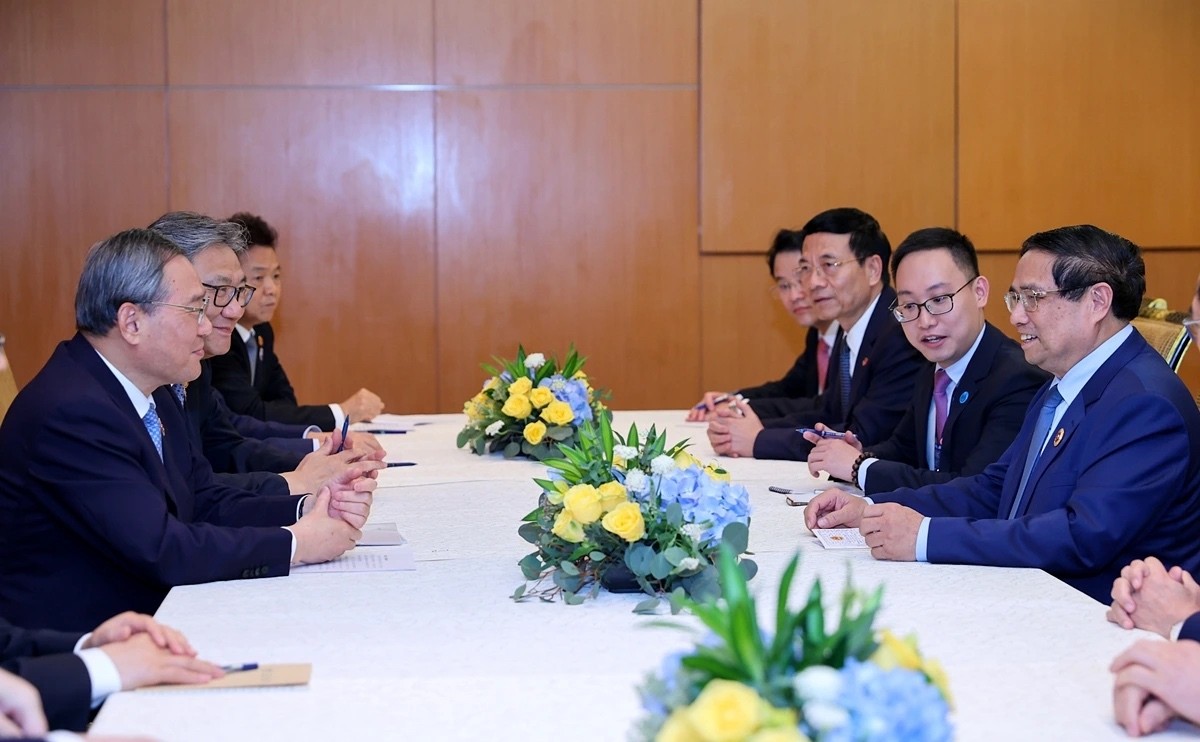 National
National
Vietnam News Today (May 28): Vietnam and China Discuss Strategic Cooperation Orientations
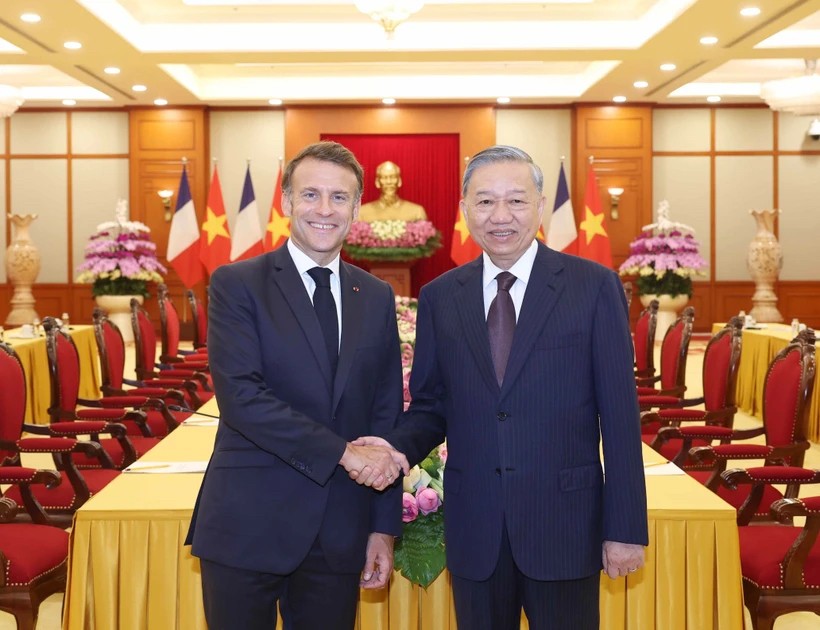 National
National
Vietnam News Today (May 27): Vietnam Treasures Multifaceted Collaboration with France
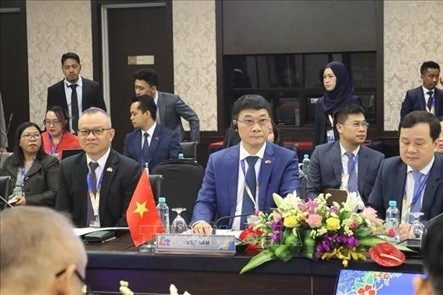 National
National
Vietnam Commits to Building an Inclusive, Sustainable and Cohesive ASEAN
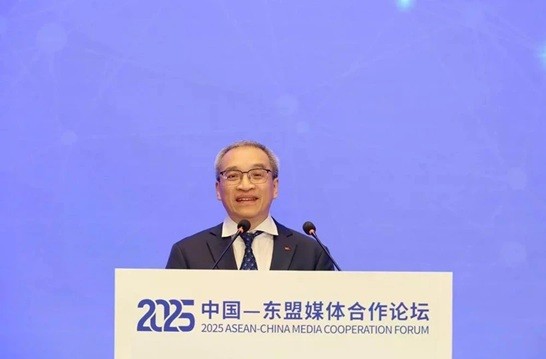 National
National
Vietnam Proposes Vision for Responsible Digital Journalism Cooperation
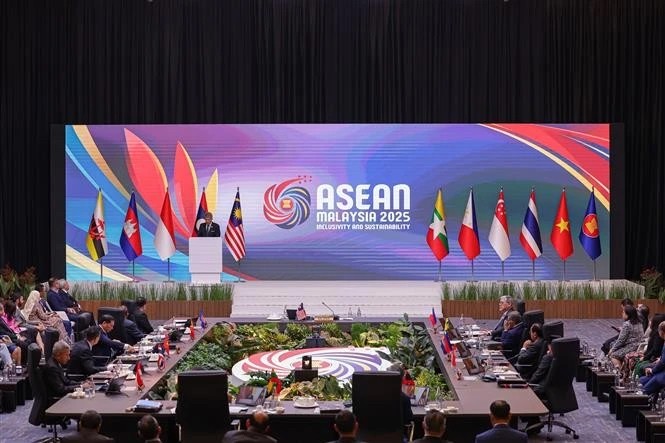 National
National
